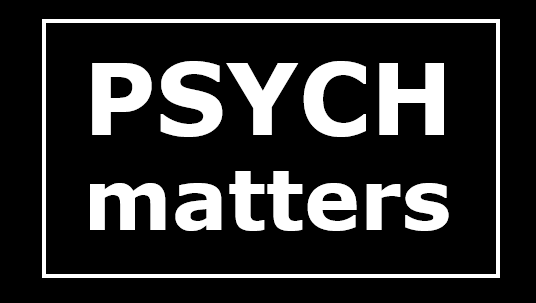Beliefs about aging affect physical functioning, today and 10 years later
This is the fourth in a series of posts based on Becca Levy’s book Breaking the age code: How your beliefs about aging determine how long & well you live. **** In my last post, I wrote about how beliefs about aging can affect memory now and even a whopping 38 years later. Researchers have found similar results for physical functioning. Becca Levy and colleagues “found that those with more positive self-perceptions of aging in 1975 reported better functional health from 1977 to 1995, when we controlled for baseline measures of functional health, self-rated health, age, gender, race, and socioeconomic status” (B. R. Levy etRead More →









